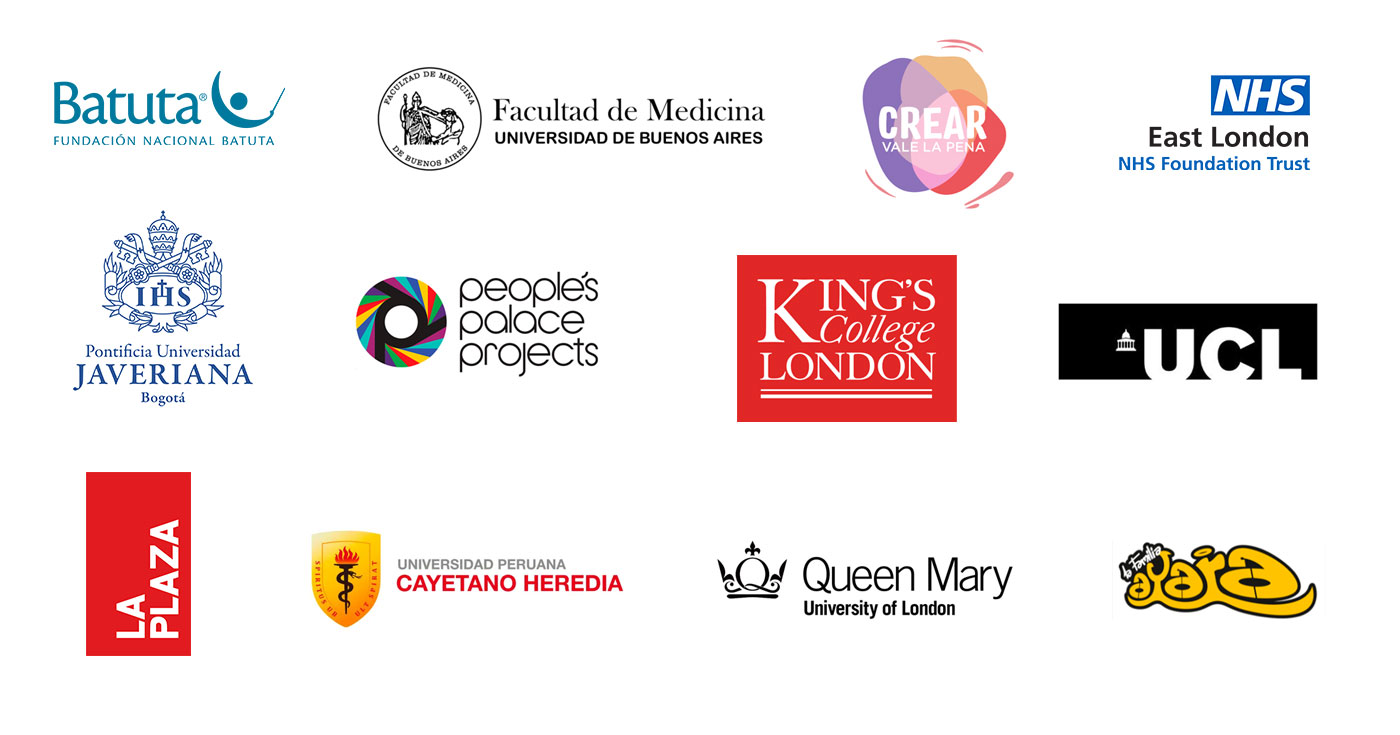COVID-19 online survey
In response to the COVID-19 pandemic we are running an online survey study exploring mental health in young adults during the mandatory social distancing measures that have been implemented in Bogotá (Colombia), Buenos Aires (Argentina) and Lima (Peru).
Aim
We aim to assess the mental health of young adults (18-24 years old) during and after the mandatory social distancing measures that have been implemented in response to the COVID-19 pandemic in Lima, Bogotá and Buenos Aires. We aim to identify factors associated with the presence and maintenance of symptoms.
Study design
We are conducting a longitudinal observational study with young adults (18-24 years) who live in Lima (Peru), Bogotá (Colombia) and Buenos Aires (Argentina). This will be achieved through an online survey, measured at three timepoints:
Baseline (during mandatory social distancing)
At the time mandatory social distancing measures are lifted
6-months after mandatory social distancing measures are lifted
Why are we doing this study?
The COVID-19 pandemic has affected all countries of South America. To avoid the collapse of the health care system in the region, all countries have applied measures of social distancing aimed at slowing down the exponential transmission of the virus. Although compulsory social distancing has contributed to the slowing down of the virus, it has also forced millions of people, families and communities to restructure their daily lives, which has also had a strong impact at the social, economic and emotional level.
Research exploring the psychological impact of social distancing from previous epidemics (e.g. SARS, Ebola, MERS), and early research conducted during COVID-19, have identified additional stressors for young adults who are socially distancing. This includes the lack of social contact, misinformation spread through social networks and decreased autonomy. It was found that youth reported higher levels of stress and anxiety and that they were more likely to develop symptoms of depression compared to the general population.
It is essential to understand the impact that compulsory social distancing has on young people’s mental health, whilst also identifying what resources and strategies young people use to support their mental health during this period.
Funded by

Partners


Copyright © 2021. All Rights Reserved
Financiado por

Socios




